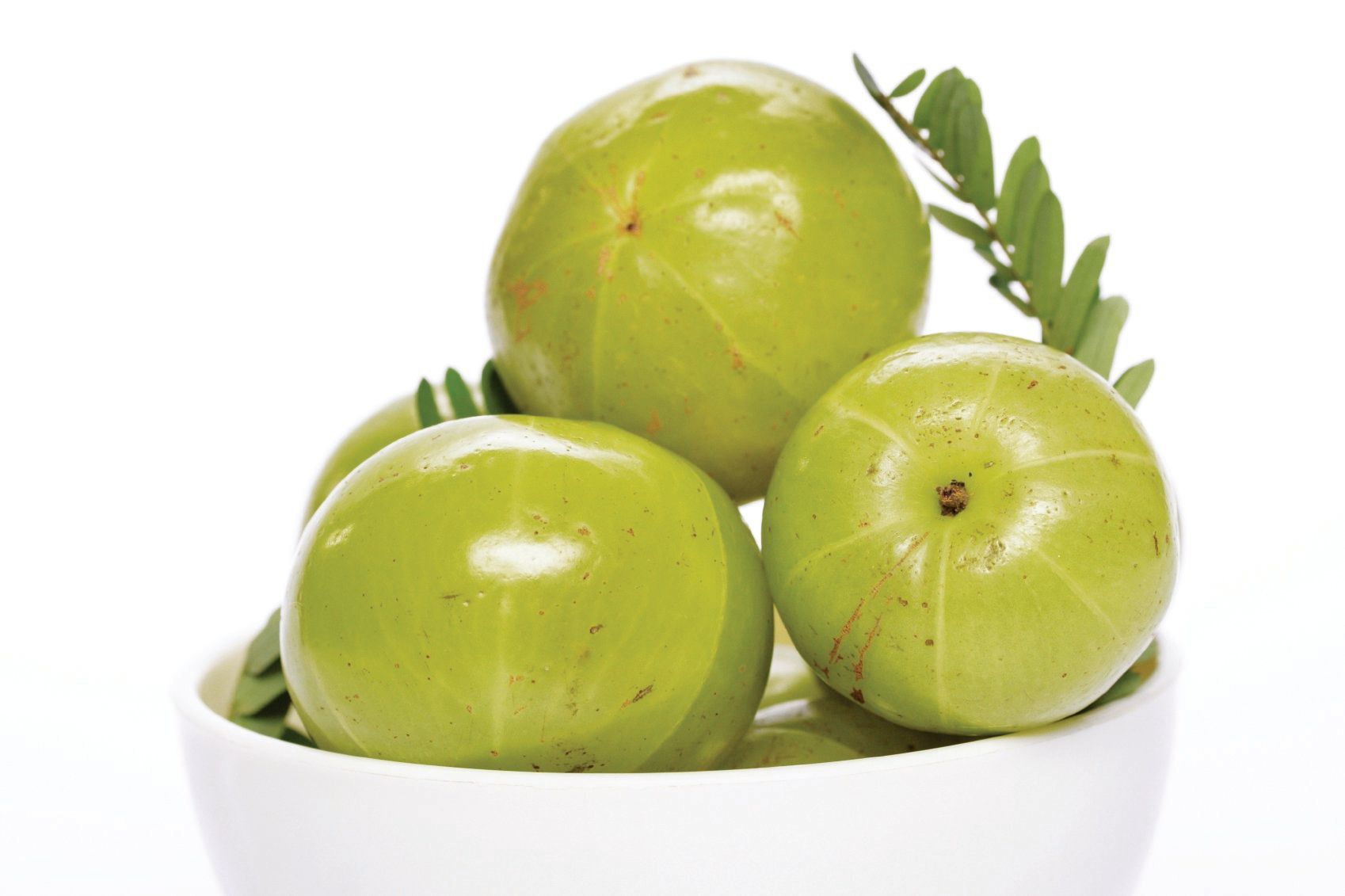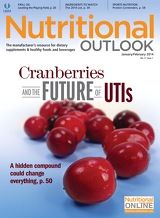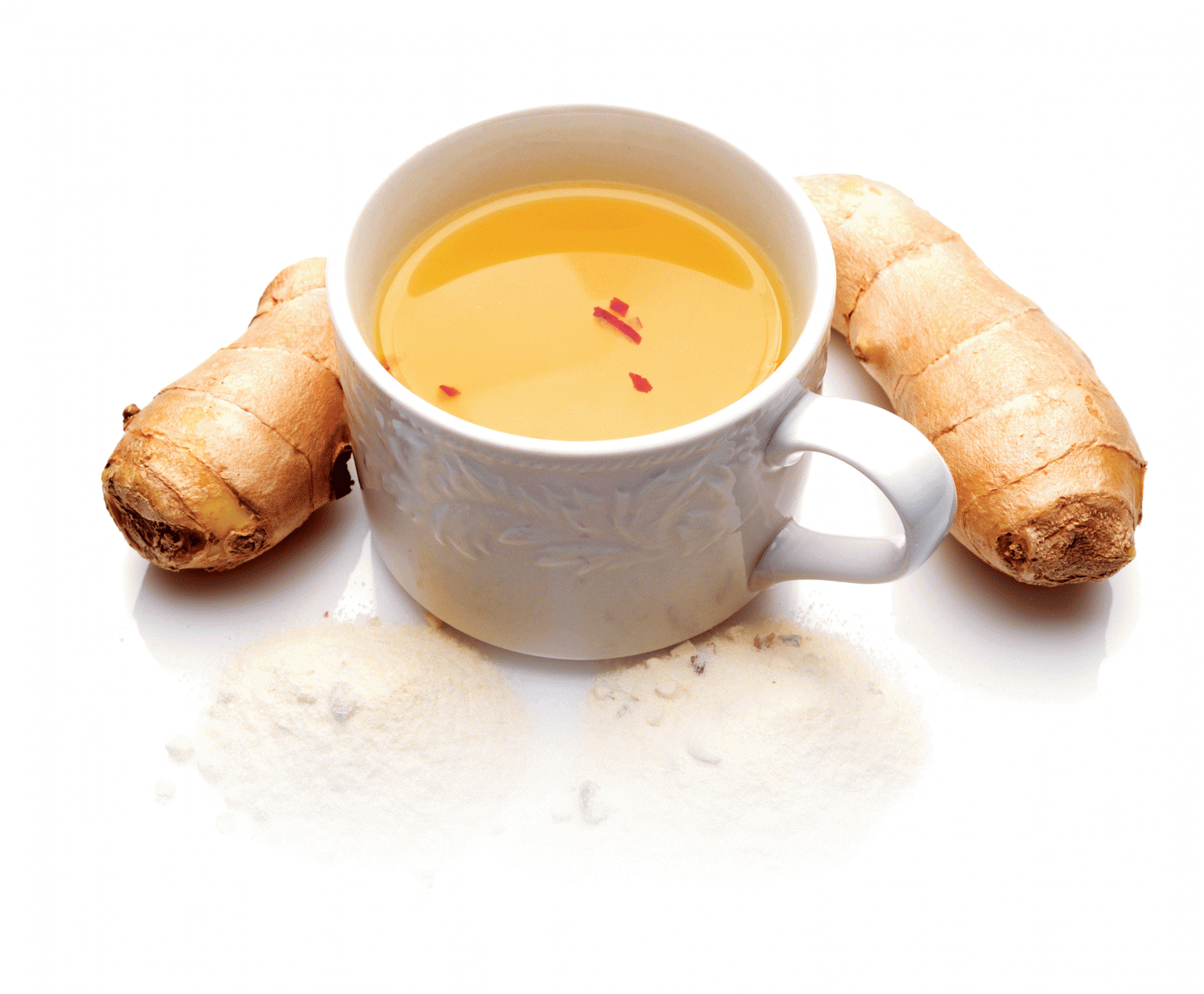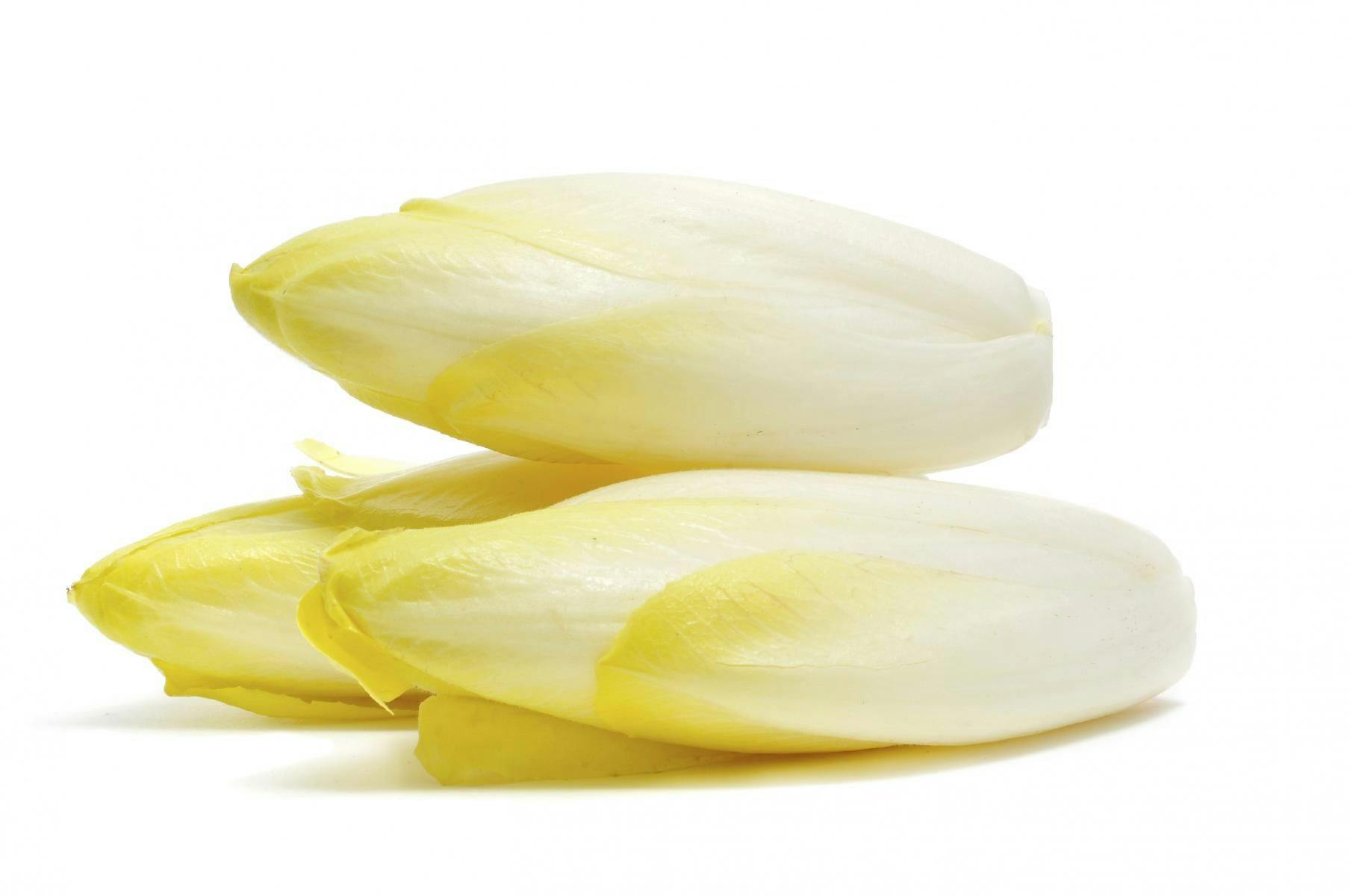Amla Fruit: Anti-Clotting Without the Bleeding?
The modest anti-clotting effect of amla may be preferred to aspirin and anti-clotting drugs.

By Robby Gardner, Associate Editor
Amla may not have as extreme effects on blood clotting as aspirin, but the greenish fruit seems to hold one advantage while modestly reducing blood clots: a lower risk of induced bleeding.
In a crossover trial on amla extract and blood clots, researchers assigned type 2 diabetics to a daily dose of amla extract, aspirin, or clopidogrel (known commercially as Plavix) for 10 days. Amla extract was associated with a 36% reduction in platelet aggregation, or blood clotting. Both drugs provided upwards of 50% reduced blood clotting, but the greater reductions might not be ideal.
Multiple studies, including a large cohort published in the European Heart Journal, suggest a connection between platelet reductions, anti-clotting drugs, and bleeding events. A recent study on women with "heavy" menstrual bleeding identified platelet function defects in one-third of them. A milder reduction of blood clots-say, with amla-could accomplish the anti-clotting effect with less bleeding and other potential drug side effects.
The study on amla extract and blood clotting is not the first to compare the fruit product to a drug. In another 2013 trial, amla and statin both improved endothelial function and lowered inflammation compared to placebo. Both studies utilized Capros, a water-soluble amla extract from Natreon Inc. (New Brunswick, NJ).













